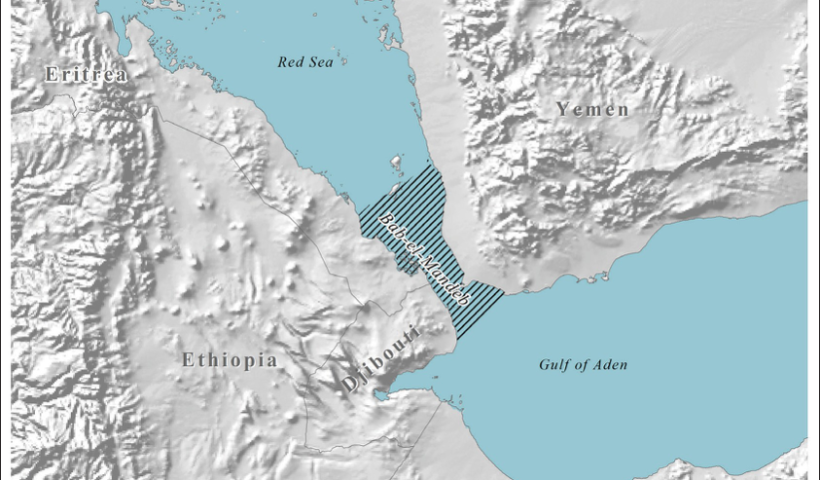The coastal State has a right to adopt laws and regulations relating to transit passage through straits. Under Article 42(1), those laws and regulations involve:
(a) the safety of navigation and the regulation of maritime traffic, as provided in Article 41,
(b) the prevention, reduction and control of pollution, by giving effect to applicable international regulations regarding the discharge of oil, oily wastes and other noxious substances in the strait,
(c) with respect to fishing vessels, the prevention of fishing, including the stowage of fishing gear, and
(d) the loading or unloading of any commodity, currency or person in contravention of the customs, fiscal, immigration or sanitary laws and regulations of States bordering straits. States bordering straits are required to give due publicity to all such laws and regulations in accordance with Article 41(3).
Rights and Obligations of Coastal States Bordering Straits based on international law of the sea and customary international law, Article 43 of the LOSC, coastal State, Coastal States Bordering Straits, environmental protection, Great Belt case between Finland and Denmark, Legality of Creation of Bridges in International Straits, LOSC, MODUs, non-suspendable innocent passage, Torres Strait
Tag: What is the duties of states bordering straits?
what is “The Right of Innocent Passage” in law of the sea and customary international law
The right of innocent passage through the territorial sea is based on the freedom of navigation as an essential means to accomplish freedom of trade. In his book published in 1758, Emer de Vattel had already accepted the existence of such a right. Subsequently, in the Twee Gebroeders case of 1801, Lord Stowell ruled that: ‘[T]he act of inoffensively passing over such portions of water, without any violence committed there, is not considered as any violation of territory belonging to a neutral state – permission is not usually required.’ It may be considered that the right of innocent passage became established in the middle of the nineteenth century. In this regard, the Report Adopted by the Committee on 10 April 1930 at the Hague Conference for the Codification of International Law clearly stated:
This sovereignty [over the territorial sea] is, however, limited by conditions established by international law; indeed, it is precisely because the freedom of navigation is of such great importance to all States that the right of innocent passage through the territorial sea has been generally recognised. what is “The Right of Innocent Passage” in law of the sea and customary international law, 1972 Convention on the International Regulations for Preventing Collisions at Sea, Article 17 of the LOSC, Article 19(2) of the LOSC, coastal State, coastal States, fishing activities, Innocent Passage, landing or taking on board of any aircraft, Lord Stowell, serious pollution, spying, territorial sea, The Right of Innocent Passage, Twee Gebroeders case, underwater vehicles


